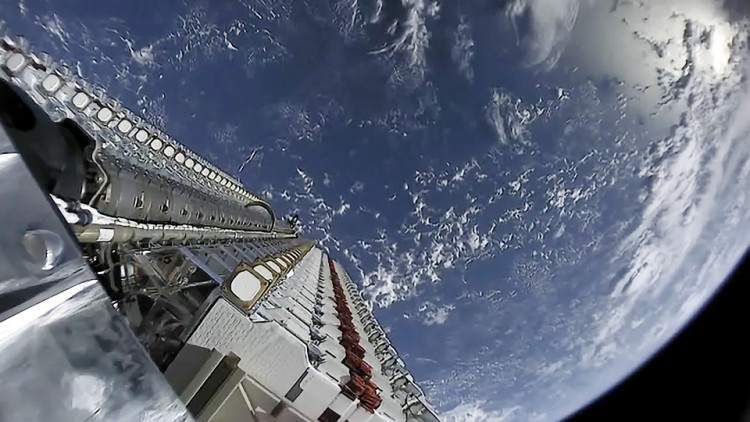The French Supreme Administrative Court canceled SpaceX's permission to provide internet services in the country via its Starlink megaconstellation, citing monopolization issues owing to the company's size and scale of activities.
The court petition was headed by two environmental organizations, which noted potential environmental implications of the megaconstellation, such as light pollution, space debris, and human health.
According to the court, Arcep, France's telecom authority, earlier granted SpaceX the license in February 2021 without first completing a public consultation.
The court, on the other hand, based its decision to revoke the license primarily on the argument that SpaceX's business model - which includes rocket and satellite manufacturing, launch services, satellite operations, and telecommunication services - could distort the market and squeeze out competition, harming French consumers in the end.
"This project could even disrupt the economic balance of other sectors because of SpaceX's vertical integration strategy," the court's public rapporteur said in a report on Apr. 5. "By manufacturing its own satellites, the launchers to put them into orbit, piloting the constellation and marketing its own telecommunications services, Starlink is competing with satellite manufacturers, [European launch provider] Arianespace, radio network equipment manufacturers and telephone operators."
Arcep must follow the court's judgment and revisit SpaceX's application. The regulator has now asked the public to submit their comments by May 9.
Arcep justified its prior judgment in a statement posted on April 8, arguing that Starlink's operations will have no "substantial impact on the market nor damage end users' interests."
SpaceX currently operates approximately 2,000 satellites of a planned 12,000-spacecraft first-generation Starlink constellation orbiting roughly 340 miles (550 kilometers) above Earth. Ultimately, the business intends to launch up to 42,000 Starlink satellites. However, SpaceX is not the only competitor in the rapidly expanding low-Earth-orbit internet service market.
OneWeb intends to launch a constellation of around 650 satellites, with more than half already in orbit. Kuiper Systems, which is owned by Amazon, has plans for a constellation of over 3,000 satellites.
Since the first set of Starlink satellites launched in May 2019, astronomers have warned that the low-orbiting spacecraft will impair astronomy in ways that are potentially worse than light pollution.
Experts in space safety have cautioned that as the number of satellites grows, the risk of collisions in Earth's orbit would grow. Atmospheric scientists have warned that the massive amount of metal that would be burning in the atmosphere as SpaceX replenishes its constellation and deorbits aging spacecraft could result in hazardous climate impacts.





